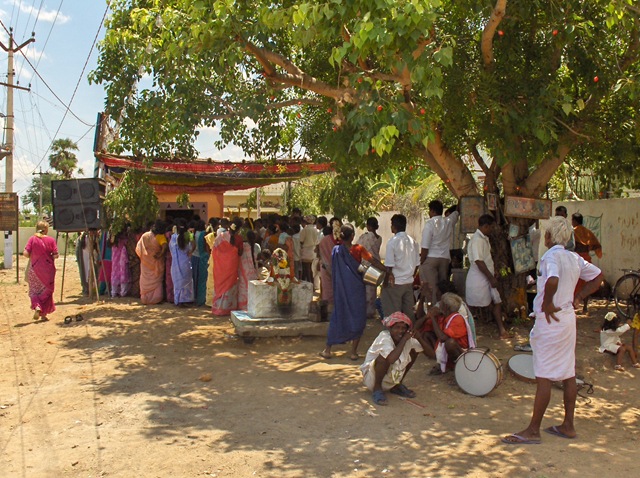A small village named Islak located on the outskirts of Ahmednagar in Maharashtra has become the first village Panchayat in India to pass a resolution against the Citizenship Amendment Act (CAA) National Register Of Citizens (NRC) and the National Population Register (NPR).
Interestingly, with a population of around 2000 in the village, not a single Muslim resides.
The village was able to adopt this unique move due to its pre-dominantly tribal population voicing concerns over lack of documents following which the gram Panchayat local body took the decision to pass the resolution against CAA.
There are families in the village who do not have any documents and even their fathers and grandfathers do not possess any documents and they will never be able to provide documents to prove their citizenship as these are all documents that are required.
These people don’t even get the benefits of government schemes because they don’t have documents, said a village official named Amol Shinde.
He also said that the villagers have been raising the issue of lack of documents with the government for the last 3 to 4 years but despite that, no response has been given by the government.
Due to the lack of documents, the villagers have no access to government schemes and now the CAA is an additional burden on them to prove their citizenship.
They are worried about the impact of this law. We know them for years but now they need documents to prove citizenship. The village did not appreciate this and that is the reason the village decided to pass the resolution against CAA. We know them for generations but they don’t own land so that so they don’t have any documents, he added.
The villagers also said, the powers of the Gram Panchayat are enshrined in the Indian law and we have decided to not cooperate with the implementation of the citizenship amendment act.
Mahadev Gawali, a member of the Gram Panchayat said, this is a small village with 2000 people and of them700 to 800 people belong to the Adivasi community. They have lived in the village for generations but they do not have documents. When they cannot even avail the benefits of government schemes how will they be able to prove their citizenship?
It is impossible for the backward communities in India to prove their citizenship on the basis of documents and the village has sent the message to the central government through the district administration, said a Gram Panchayat member.





